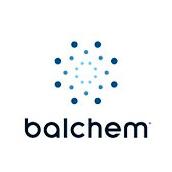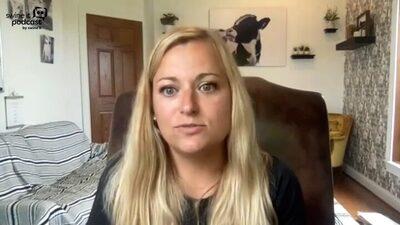Fermentate Bioactives Impact on SARA and a Mastitis Stretoccocus uberis Challenge to Reduce AIF Use in Bovines
The “normal” process for evaluating interventions for prevention of syndromes impacting production animals is to develop a molecule specific against the disorder. This is followed by controlled trials and finally large epidemiologic surveillance data to support widespread adoption. This presentation highlights the use of epidemiologic surveillance data to reverse engineer direct controlled trials. Following the controlled trials, proof of concept trials was designed and conducted to illustrate the impact of unique fermentate bioactives against sub-acute ruminal acidosis (SARA) and mastitis.
Data will be presented in two proofs of concept trials demonstrating the potential for reducing antiinfectives (AIF) used to prevent: 1. SARA, and 2. Bovine Mastitis.
1. Study: A 5x5 Latin square study was designed in which cannulated steers were fitted with indwelling pH monitors and placed on a high grain diet. Control animals were fed the same diet and received tylosin and rumensin whereas the treated animals received the high grain diet and only Saccharomyces bioactives. A negative control treatment received the high grain diet only. Results: The steers in the antibiotic and negative control treatments spent significantly more time below the SARA (< 5.6 pH for 180 minutes) threshold. The fermentate bioactive prevented induction of SARA and reduced the amount of rumen LPS.
2. Study: 20 multiparous Holsteins were randomized into a treatment and control group. A direct challenge of Streptococcus uberis was administered through the teat canal and data captured. Results: The treatment group demonstrated improved resistance within the mammary gland to mastitic events via: 1. Improved local, but not systemic, immune cell function; 2. Increased tissue response to the pathogen; 3. A priming effect on body tissues via HSPs (Heat Shock Proteins) activation; and 4. Gene up-regulation of key innate immune system compounds/cells.
Taken together, these studies demonstrate favorable shift in microbiome and up-regulation of the innate immune system as a result of the feeding of these novel bioactives, will reduce the dependence and need for AIF in bovine production settings.
Keywords: microbiome, fermentate bioactive, gene up-regulation, SARA, Saccharomyces.
Abstract presented at the 3rd International Symposium on Alternatives to Antibiotics 2019.







